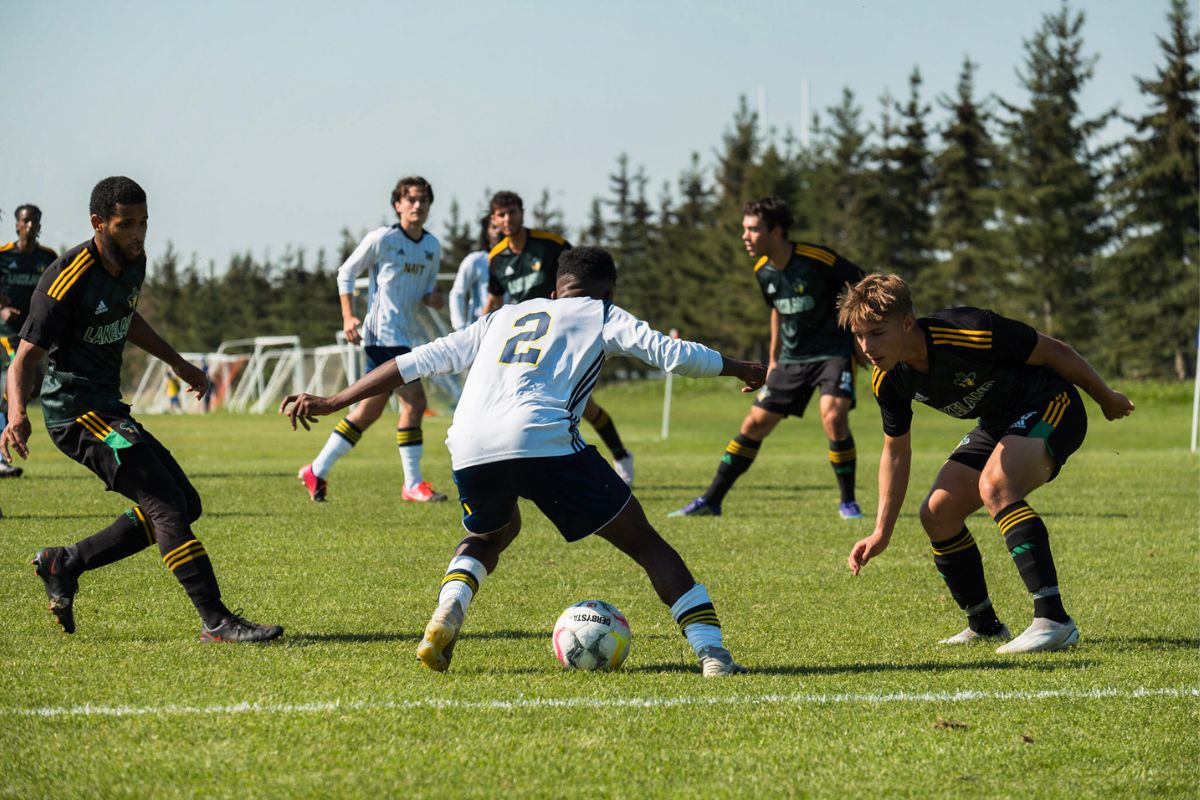I am an unapologetic feminist.
Too often, however, that statement will be charged with images of bra-burning (which is a myth, the famous protest at the 1968 Miss America Pageant never included bra burning) and sanctimonious tirades. But I am a feminist. And I am angry.
As an intersectional feminist, I believe that women–and all people–experience different levels of oppression based on their identification with different groups. Patterns of oppression are interrelated and influenced by factors like race, gender, sexuality, class, ability and ethnicity. When I look at the world around me, it’s impossible not to recognize that oppression still very much exists; I don’t believe there’s a way to identify systems of oppression and not be angry that they still exist.
Over the last year, I’ve spent a lot more time thinking about the importance of actually walking the talk. As I have been contemplating a world that is showing itself to be increasingly negative, I have been thinking about how essential it is to remember that taking a stand for issues you believe in requires more than topical posts on social media, no matter how eloquently you express your point.
I realized that, despite wishing otherwise, I currently don’t have adequate time to offer to the organizations and causes I so deeply want to support.
And yet I have every minute of my life for my activism.
You see, you can be an activist without signs and marches, without taking radical stances and without committing to regularly scheduled hours at your organization of choice. These can be important expressions of activism. Activism itself, however, is a series of actions, decisions, conversations and considerations that you make every single day.
I’ve realized that the hardest time to be an activist is in the quiet moments. It’s often easier to stand up for what you believe in when it’s emotionally charged (or when you have a sassy comeback for that comment on the Internet). It’s stepping forward when you see injustice that’s easier to ignore or speaking up when the language around you is hurtful to others; it’s standing up for these things even when it’s not a stranger you’ll never see again. It can be so much harder to push back against people you know and love.
I am an upper-middle class, university-educated, cis, straight, caucasian woman – I have a lot of privilege in our society. As Editor-in-Chief of The Nugget, I have a unique platform to guide stories. This is both an opportunity and a responsibility. As EIC, I have the chance to create space for important issues and stories – topics that are often downplayed and silenced – but I still need to ensure that our news pieces strive for balanced and fair reporting.
The sad reality is that we still live in a world with incredibly unfair patterns of inequality. We try to ignore it but women live with a constant threat of violence, in their homes, their communities and workplaces and online. (When seasoned female journalists I admire make jokes about how many rape and death threats they’ll receive for an article as a way to cope, it’s an uncomfortable example of how scary it can be.) Issues of racism and class discrimination haven’t disappeared, they’ve only become quieter, more insidiously subtle.
I think one of the things that the international political climate, particularly displayed by Brexit and the election of Donald Trump, has proven is that we often neglect to listen to and engage in genuine conversation with opinions that differ from our own. Ignoring different opinions or simply saying they’re wrong doesn’t erase them or change them, it only pushes them away. It is essential, particularly in a world increasingly segmented thanks to online communities, that we take the time to engage with opposing opinions. We cannot move forward as a peaceful society by simply silencing opinions we dislike, regardless of if it is a common opinion or an extremist one.
Sure, you may want to debate with me that “political correctness has gone too far” or “trigger warnings are coddling our youth” but I ask that you consider where people with those views are coming from. Language is fucking important. I recently read a beautiful analogy that compared not respecting someone’s chosen pronouns to Chinese water torture; each single drop of water can be ignored but, together, the many drops become cruel and psychologically degrading. If trigger warnings feel unnecessary to you, compare the tiny inconvenience of taking a moment to acknowledge possibly upsetting content to the emotional drain of remembering and revisiting a traumatic experience. Taking a few moments to create an inclusive safe space, respecting people’s pronouns and considering what privilege you have are examples of actions that are small but mighty.
While I’d love to leave it there and say that all we have left to do is respect pronouns, not belittle trigger warnings, and listen to each other but many people are experiencing violent oppression every day. So, while we don’t all need picket signs, we all need to be mindful of our actions, decisions, conversations and considerations. Figure out what you care about and think about how you can align your daily actions with those beliefs.
– Danielle S. Fuechtmann, Editor-in-Chief
Illustration by Valentina Quiñonez via Margins Magazine





